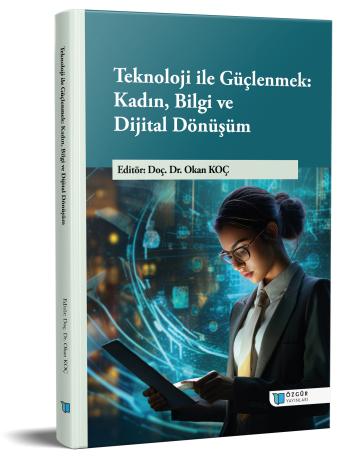
Empowered by Technology: Women, Knowledge, and Digital Transformation
Synopsis
The digital revolution of the twenty-first century has profoundly transformed not only every sphere of social life but also the dynamics of knowledge production, education, health, and gender relations. This transformation represents not merely a technological advancement but a cultural process that redefines access to knowledge, power structures, and women’s positions within society.
Digitalization, as observed in the European Union countries, offers new opportunities for economic development and gender equality, enabling women to become more visible on digital platforms and to take an active role in production processes. However, challenges such as the digital divide, online violence, and algorithmic bias have emerged as new barriers to achieving equality.
Digital transformation in education enhances individuals’ capacity to access knowledge and plays a crucial role in promoting educational equity for women. The active use of information technologies by teachers and students contributes to the dissemination of digital skills across society. In this process, education has evolved beyond the mere transmission of information—it has become a field where digital awareness and critical thinking are cultivated.
In the field of health, digital transformation has facilitated women’s access to health information and turned digital health literacy into a tool for greater autonomy over their own lives. Artificial intelligence–based applications, mobile health platforms, and telehealth services have democratized women’s access to healthcare while enhancing individual awareness and self-efficacy. Nevertheless, the effectiveness of this transformation depends largely on the widespread development of digital health literacy.
In the realm of digital culture and media, the transformation of women’s representation has paved the way for the emergence of a new “digital gender language.” As seen in platforms such as YouTube, social media, and digital broadcasting, women are no longer merely consumers of content but have become active digital agents—telling their own stories, producing knowledge, and questioning social norms.
This book, with the contributions of fifteen authors from various disciplines, explores the transformative power of technology in women’s lives through the dimensions of knowledge, health, education, and media. Each chapter examines the opportunities and risks women encounter in the digital world from an academic perspective, demonstrating that “empowerment through knowledge” constitutes both an individual and a collective process of liberation.

